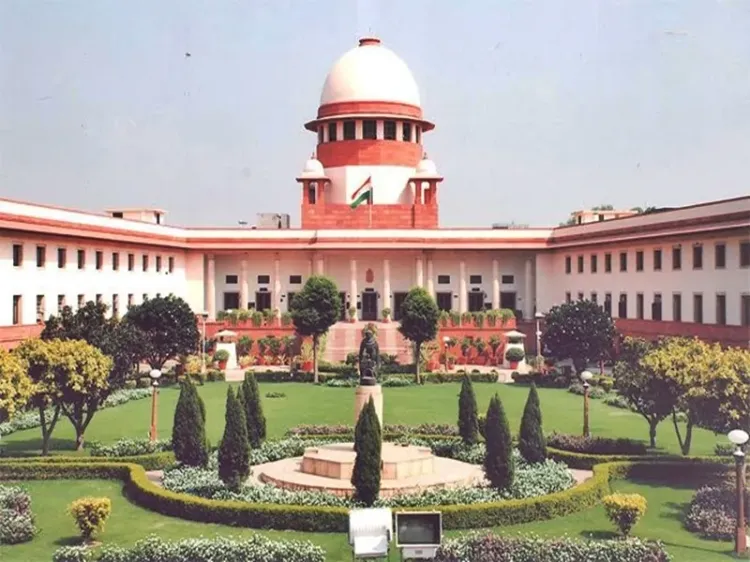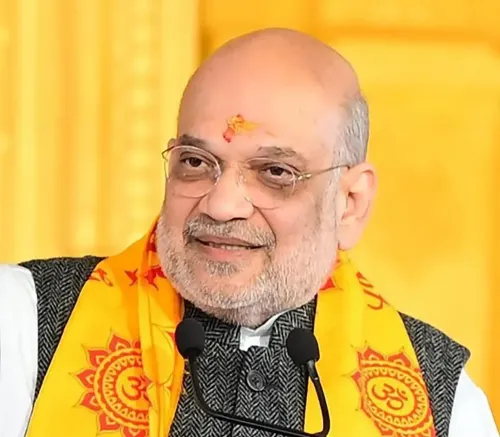Supreme Court: 'Mian-Tiyan' or 'Pakistani' Not a Crime

Synopsis
Key Takeaways
- The Supreme Court ruled on the use of derogatory terms.
- Section 298 of the IPC does not apply in this case.
- No evidence of assault was found against Singh.
- The court dismissed all charges against Hari Nandan Singh.
- Remarks deemed inappropriate but not criminal.
Ranchi/New Delhi, March 4 (NationPress) The Supreme Court has determined that while referring to someone as Mian-Tiyan or Pakistani may be deemed inappropriate, it does not amount to a crime under Section 298 of the Indian Penal Code (IPC), which deals with the offense of hurting religious sentiments.
A bench consisting of Justices B.V. Nagarathna and Satish Chandra Sharma dismissed the case brought against Hari Nandan Singh, who resides in Bokaro, Jharkhand.
The complaint was filed by an Urdu translator, Md Shamimuddin, who accused Singh of using these expressions in a derogatory context, which he claimed hurt his religious feelings.
Shamimuddin stated that the incident took place during a meeting with Singh to discuss an RTI application.
After a police investigation, a charge sheet was submitted, and in July 2021, a magistrate acknowledged the case, issuing summons under IPC Sections 353 (assault or criminal force to deter a public servant from duty), 298 (words intended to outrage religious feelings), and 504 (intentional insult likely to provoke breach of peace).
Singh sought relief from the district court and subsequently the Jharkhand High Court, but was unsuccessful and then appealed to the Supreme Court.
During the proceedings, the apex court noted that there was no evidence of assault or force, making Section 353 irrelevant. It also identified no actions that could incite a breach of peace, negating the charges under Section 504.
“A simple review of case No. 140 of 2020 shows that the foundational elements of the charges against the appellant under Sections 353, 298, and 504 IPC are not established. Clearly, there was no assault or use of force by the appellant to warrant Section 353 IPC. Thus, the High Court should have discharged the appellant under Section 353 IPC,” the court stated.
“Moreover, the appellant is accused of diminishing the religious sentiments of the informant by referring to him as Miyan-Tiyan and Pakistani. While these remarks are indeed in poor taste, they do not constitute an infringement of the informant's religious sentiments. Therefore, we believe the appellant should also be discharged under Section 298 IPC,” the court concluded.
The Supreme Court, in its ruling dated February 11, which was made public on Tuesday, acquitted Singh of all charges.










